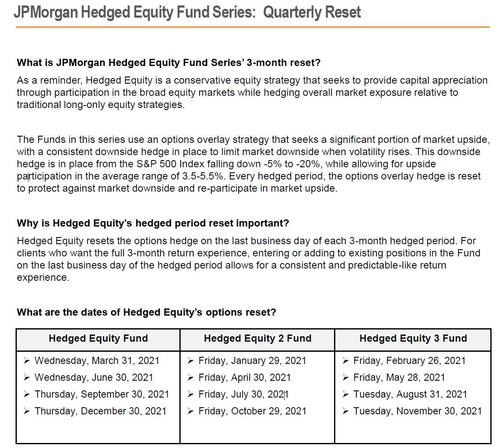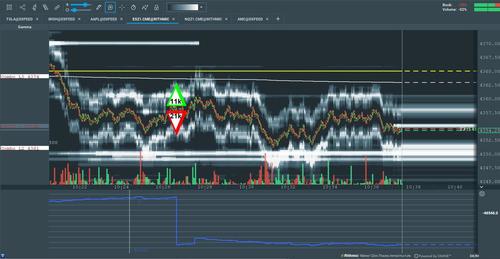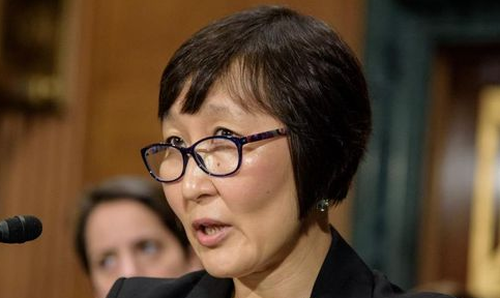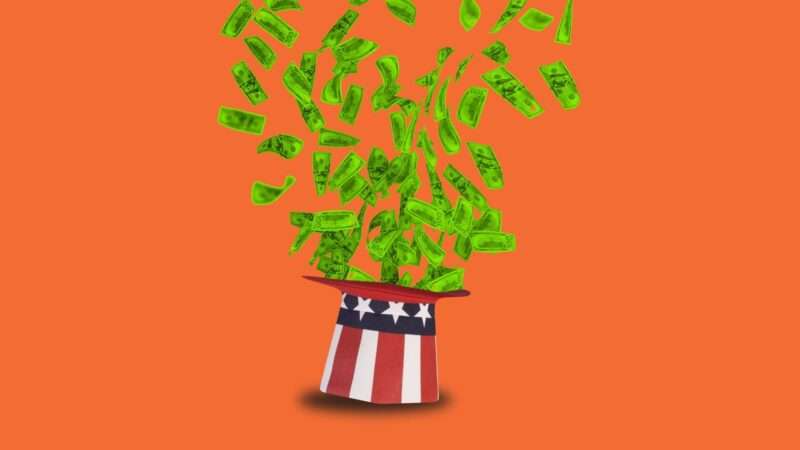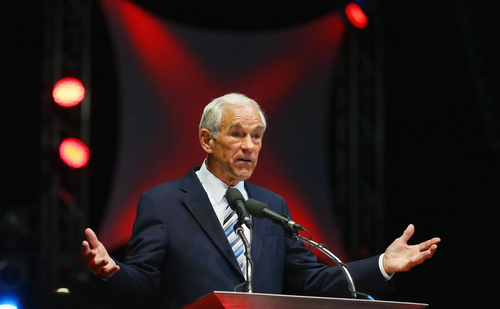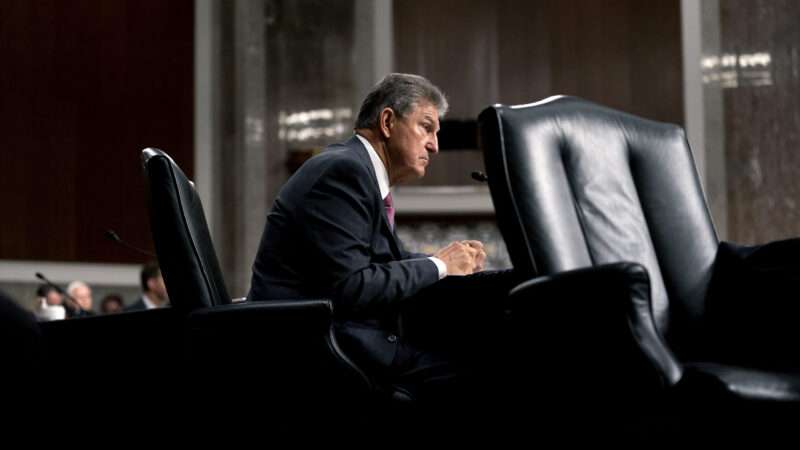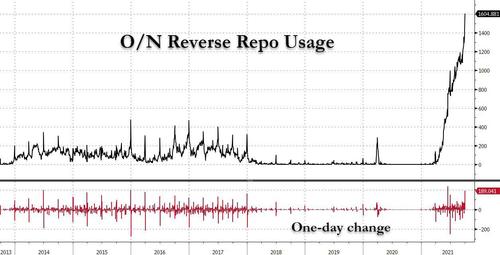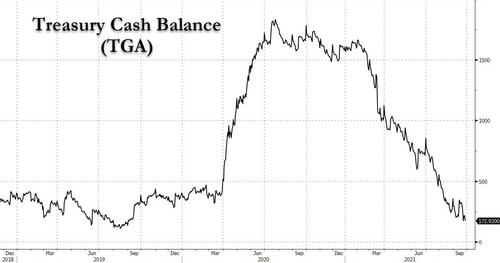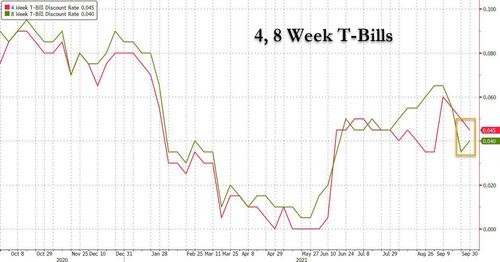Watch: Women’s Protest In Kabul Dispersed By Taliban Automatic Gunfire
On Thursday AFP journalists witnessed and recorded a disturbing scene unfold during a women’s rights protest in eastern Kabul. A small group of women gathered outside a high school to demand they be allowed access to secondary education, after the Taliban issued a blanket decree banning any upper level education for women.
CBS News reported starting last week that “The Taliban’s effective ban on women working sank in on Monday, sparking rage over the dramatic loss of rights after millions of female teachers and girls were barred from secondary school education.” Thursday’s protest among a mere half-dozen women resulted in perhaps the harshest crackdown yet, involving live gunfire as a ‘warning’ – which sent the girls fleeing into the nearby school building.
Taliban disperse women’s rights protesters with gunfire in Kabul.
The Taliban fired shots into the air and pushed back protesters, @AFP journalists witnessedhttps://t.co/bCWamuWsUu pic.twitter.com/bH6rNGWaS9
— AFP News Agency (@AFP) September 30, 2021
Not all of the dramatic episode was captured on camera, as Taliban militants were seen attempting to block cameras and journalists from the scene.
The extremely small but hugely symbolic protest that featured a banner with the words “Don’t break our pens, don’t burn our books, don’t close our schools” resulted in a large Taliban police presence descending on the area and even blocking roadways.
The militants confiscated the banners as the following scene ensued:
They pushed back the women protesters as they tried to continue with the demonstration, while a foreign journalist was hit with a rifle and blocked from filming.
A Taliban fighter also released a brief burst of gunfire into the air with his automatic weapon, AFP journalists saw.
A Taliban spokesman attempted to chalk up the ordeal to the protest not being “authorized” with formal permission ahead of time, claiming that protests are allowed but only if police are aware ahead of time.
د سېپټېمبر پر ۳۰مه طالبانو په کابل کې د یو شمېر ښځینه فعالانو هغه احتجاجي مظاهره په زور ختمه کړه چې د ښځو د زده کړو حق غوښتنه یې کوله. طالبانو خبریالان هم د دغې مظاهرې له ویډیو جوړولو منعې کړل او وروسته یې د مظاهرې خورولو لپاره ډزې هم وکړې.نور د اې اېف پي
په دې ویډیويي راپور کې. pic.twitter.com/JpWWplJ36F— Mashaal Radio (@Mashaalradio) September 30, 2021
“They have the right to protest in our country like every other country. But they must inform the security institutes before,” the police guard was cited as saying.
Soon after the Taliban takeover of Kabul at the end of August, there were pronouncements by leaders and pundits in the West claiming the Taliban had greatly “moderated” when compared to the pre-2001 situation; however, increasingly this is proving not the case, also as the hardline Islamist group has reinstated strict Sharia-law corporal punishment, including chopping off hands for offenses, or public displays of the bodies of people that were executed.
Tyler Durden
Thu, 09/30/2021 – 15:43
via ZeroHedge News https://ift.tt/3kTzr02 Tyler Durden
